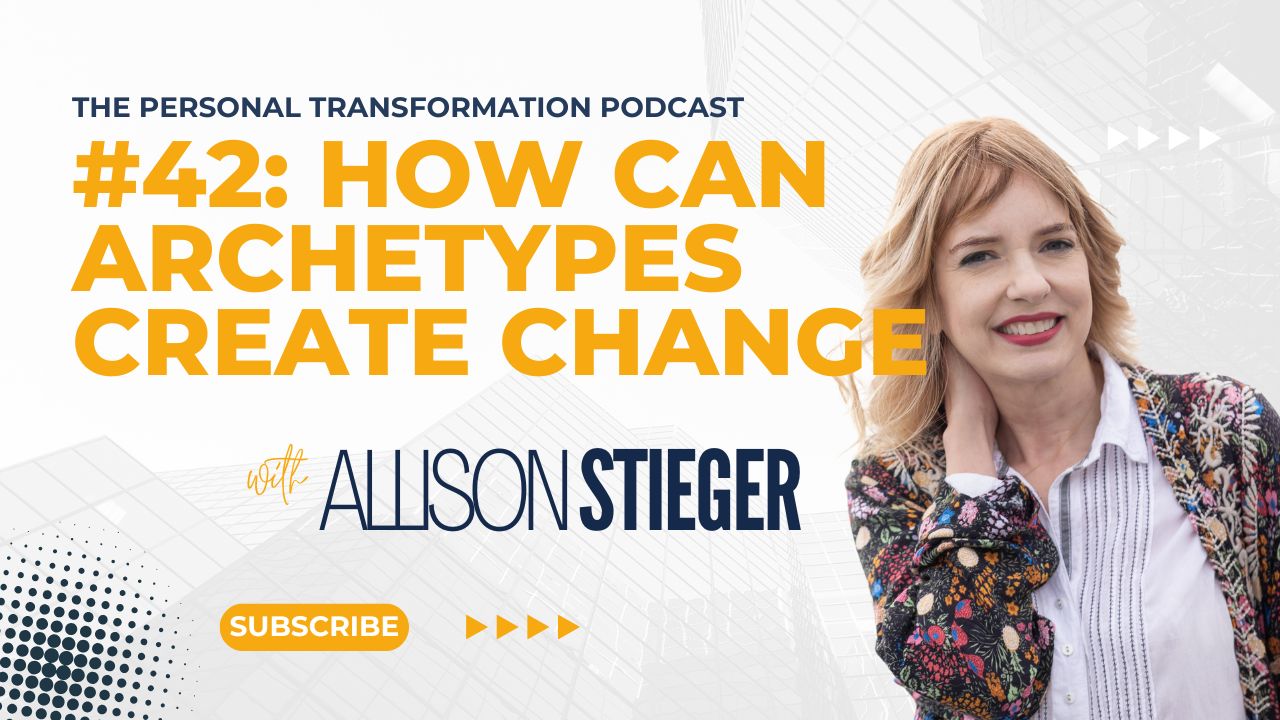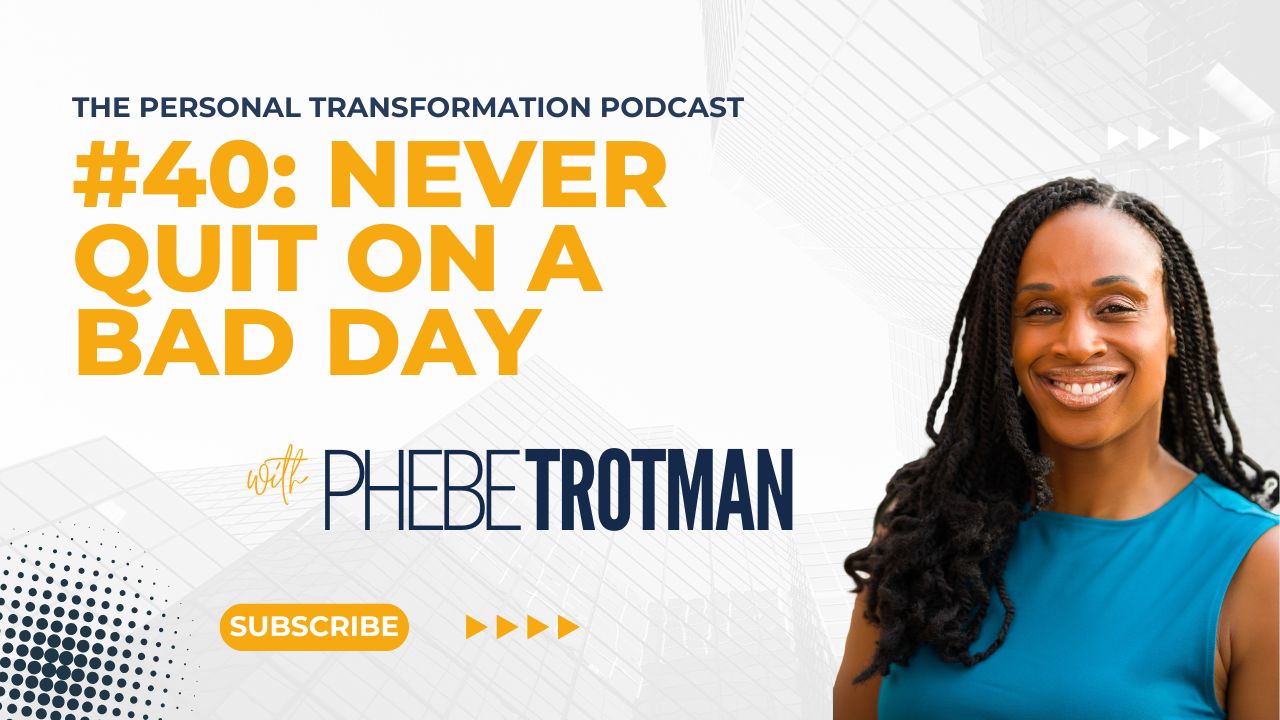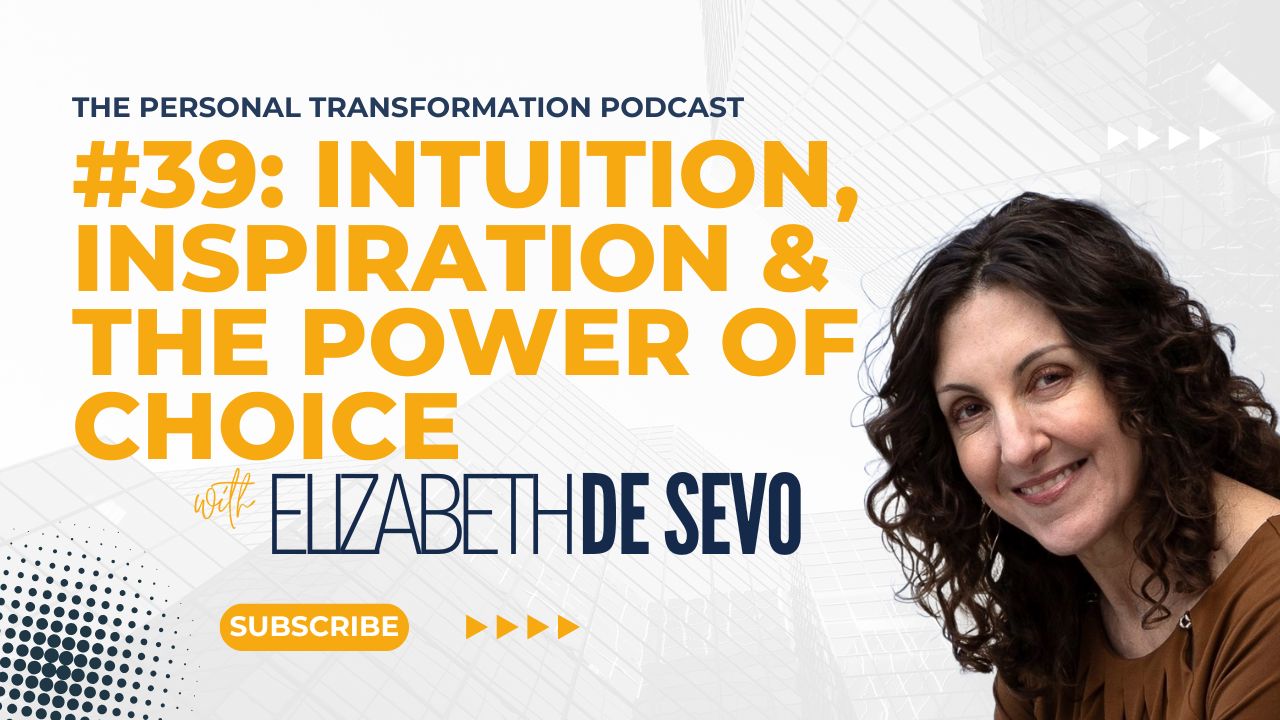In this podcast episode, host Dan Storey and imposter syndrome expert Tara Halliday discuss her work on addressing imposter syndrome by focusing on people’s conditional worth and transforming it into unconditional worth.
Tara Halliday outlines a structured program aimed at changing beliefs to ultimately alleviate imposter syndrome permanently. She explains the three different kinds of beliefs: opinions, automatic and unconscious beliefs, and beliefs about threats and danger.
Tara goes into the neuroscience behind fear memories and how they are formed and stored by the brain, emphasizing the role of acetylcholine in memory reconsolidation. She illustrates practical strategies for unraveling imposter syndrome, highlighting the importance of diagnosing it accurately and debunking common misconceptions about its treatment.
Tara emphasizes that imposter syndrome is not a reflection of one’s true identity and underscores the possibility of overcoming it through specific processes. She shares insights into her work with executives, demonstrating significant shifts in their imposter syndrome scores after undergoing her program.
Lastly, Tara leaves listeners with a three-part message: imposter syndrome is not who you are, it’s not your fault, and there is something you can do about it.
Some of the key topics from the conversation include:
- Definition: Imposter Syndrome is a belief system where individuals doubt their accomplishments and fear being exposed as frauds.
- Conditional vs. Unconditional Worth: Conditional worth ties to achievements, while unconditional worth is inherent and not dependent on external factors.
- Brain’s Belief Systems: Three types of beliefs exist: conscious opinions, automatic unconscious beliefs, and beliefs about threats.
- Automatic Beliefs: Formed by the brain to conserve energy, automatic beliefs include assumptions about everyday tasks.
- Memory Formation: Memories, particularly fear memories, form with the help of acetylcholine, triggered by relevance, surprise, and strong emotion.
- Memory Reconsolidation: Deliberately stimulating acetylcholine can modify or erase existing memories, reframing experiences with positive emotions.
- Impact of Fear Memories: Fear memories can trigger stress responses and perpetuate imposter syndrome, leading to burnout and career dissatisfaction.
- Misconceptions: Common strategies like making lists of strengths lack empirical support for combating imposter syndrome.
- Prevalence: Imposter syndrome affects 70% of individuals at all achievement levels, even highly successful professionals.
- Impact: Left unchecked, imposter syndrome can lead to burnout and career dissatisfaction.
If you want to understand whether imposter syndrome could be affecting your performance, start by taking a free quiz on Tara’s website here – https://www.completesuccess.co.uk/quiz/



Leave A Comment